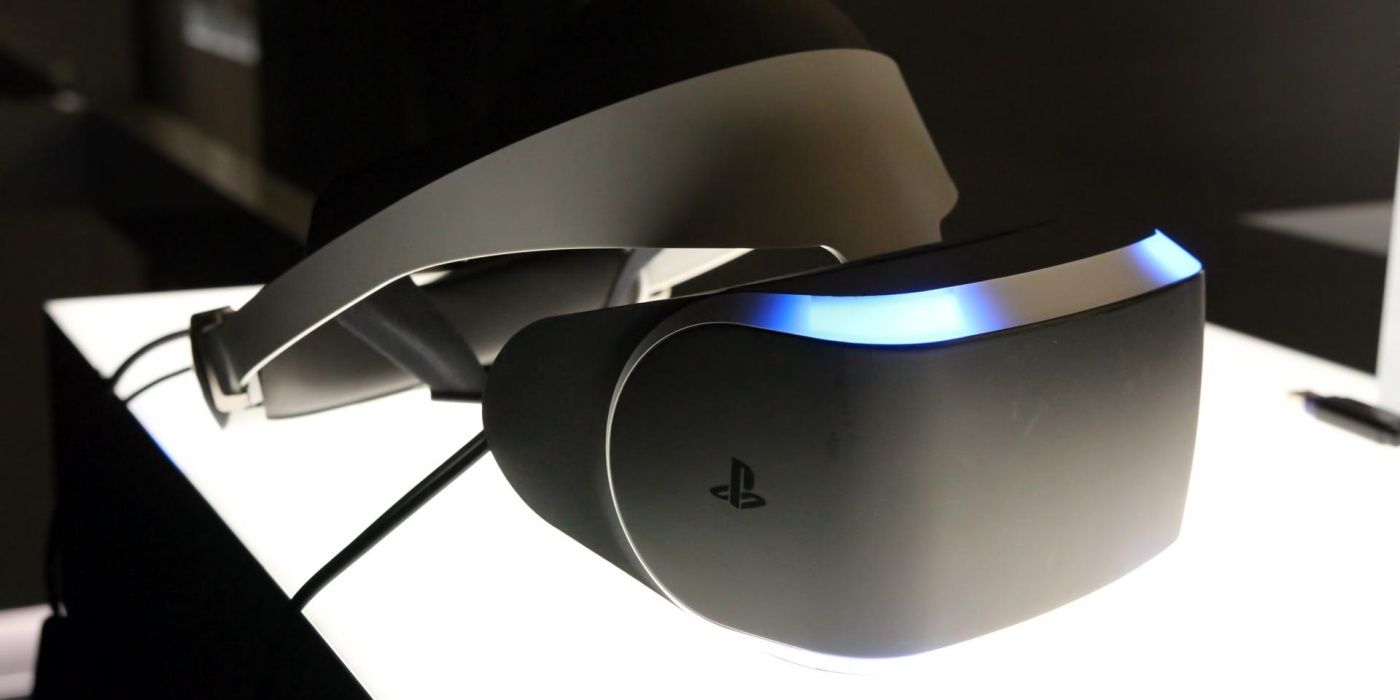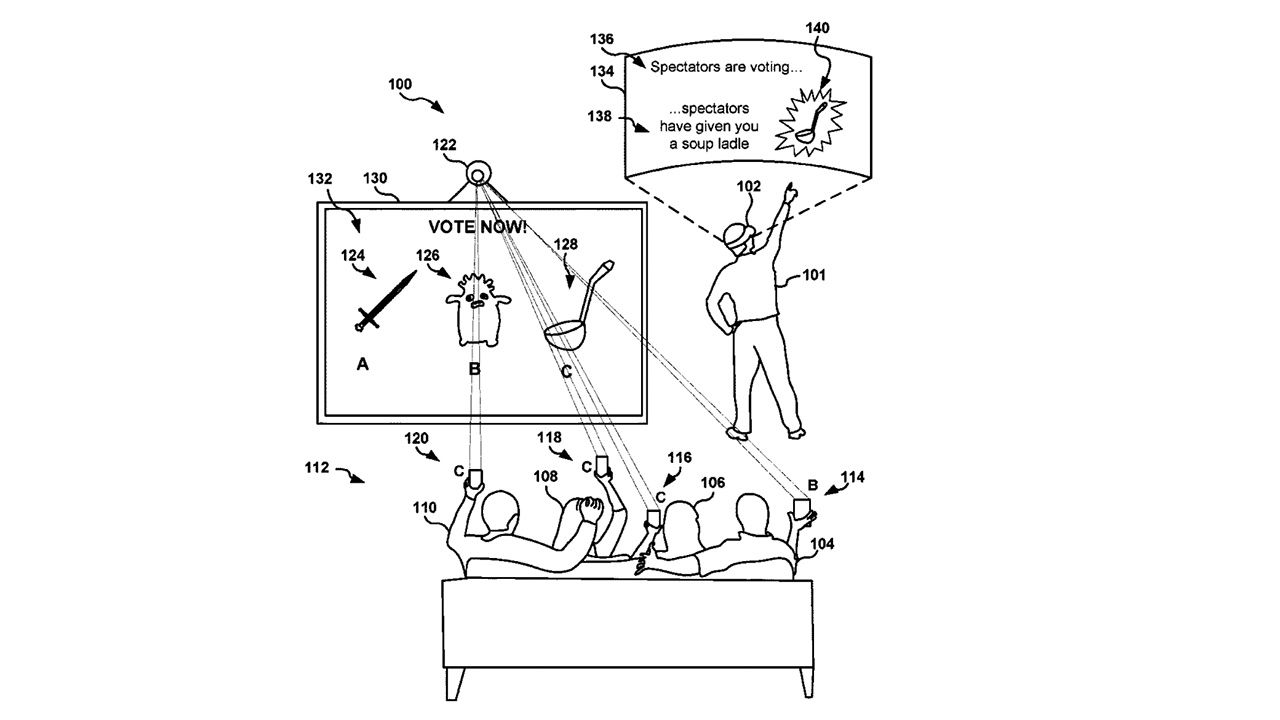PlayStation filed a new patent with the US Patent and Trademark Office for technology that will allow spectators to mess with VR users while they're playing a game. PlayStation VR arrived in late 2016, bringing with it a host of neat experiences. In the years since then, Sony's VR technology has failed to technologically keep pace with the competition, though it managed to become the best-selling headset on the market as of 2018.
Now the wait is on for a potential PlayStation VR 2, which VR enthusiasts hope will provide a more user-friendly experience. As it stands, PSVR is a rather clunky device to use, with wires and a setup process that likely discourages even its most ardent proponents from using their headset more frequently. Interestingly, patents for Sony's hopeful next headset crop up every so often, indicating a wide range of steps the company may take to further streamline the VR experiences it provides. A patent filed just last summer, for example, suggested PlayStation VR 2 could feature technology designed to reduce motion sickness and nausea caused by VR.
In October Sony filed yet another VR-related patent that's just been published through the USPTO. As spotted by IGN, the new patent revolves around "integrating audience participation content into virtual reality content." The patent's abstract makes note of a method whereby headset users could receive "indications from one or more spectator devices." In practice, audience participation content would appear on a screen associated with the spectator devices in question. Spectators would then be able to augment the scene for the VR user. An example image on the patent's page shows spectators voting on content that will be made available to a headset-wearing VR user.
Presumably, phones would serve as the spectator devices, perhaps working through an app à la PlayLink - which made gems like Supermassive Games' Hidden Agenda a possibility. How well the idea might translate to VR remains to be seen, however. Audience participation could either represent an ingenious new addition to VR experiences or mark a recipe for disaster. Horror games in VR with this type of technology would certainly prove a game-changer. The same goes for party games.
It's worth noting, though, that just because Sony filed the patent doesn't mean the technology will actually see the light of day. Still, this at least suggests the hardware manufacturer is considering how best to move forward with its plans in the space, which further hints that Sony hasn't given up on VR just yet.


